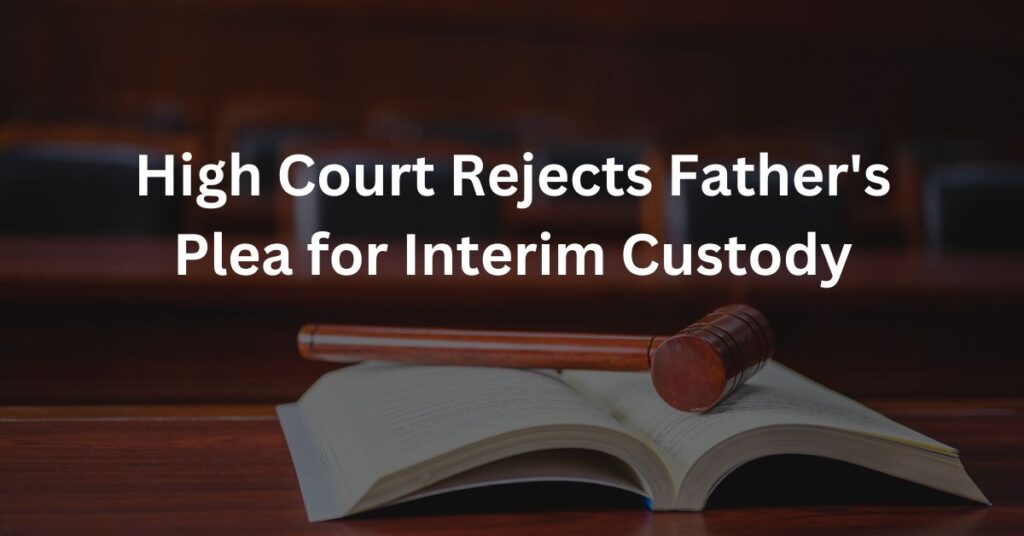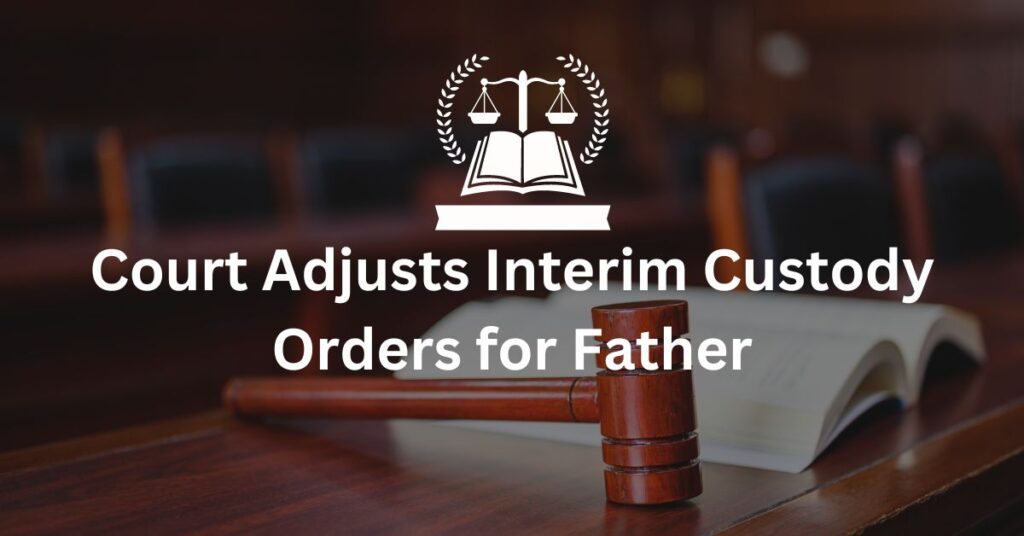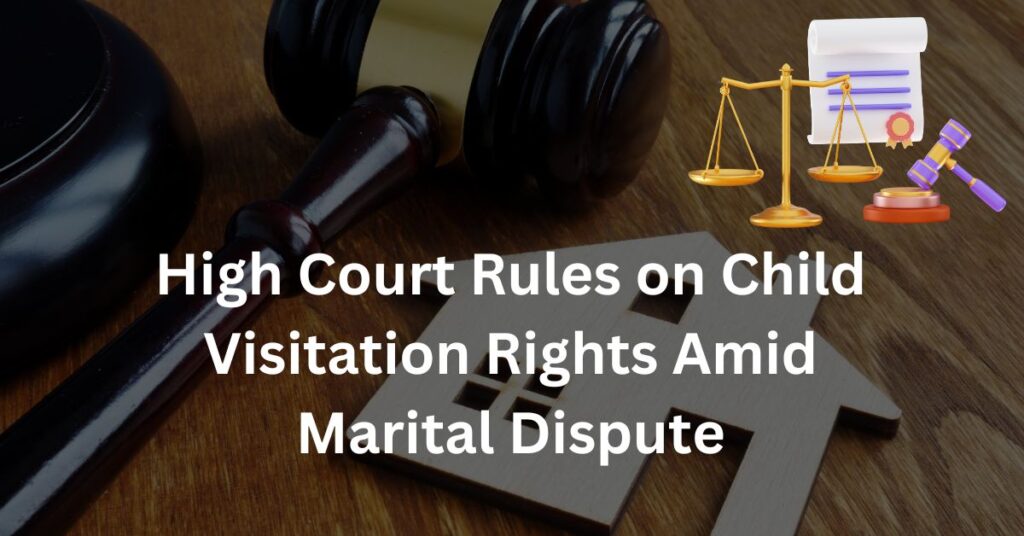In a recent ruling on November 17, 2023, the Delhi High Court upheld the Family Court’s order of visitation rights of father. The verdict, delivered by Hon’ble Mr. Justice V. Kameswar Rao and Hon’ble Mr. Justice Anoop Kumar Mendiratta, stirred debates around the geographical challenges faced by separated parents.
Table of Contents
ToggleThe Legal Battle
The crux of the matter was an appeal filed by wife, against the order of the Family Court dated September 13, 2023. The Family Court had allowed visitation rights to the father, who worked in Dubai, while the wife resided in Arunachal Pradesh. The court had directed the wife to bring the child to Family Courts, Saket, New Delhi, every 3rd Saturday from 02:00 PM to 04:00 PM.
Wife's Plea
The wife, represented by Mr. Vijay Anand Rahi and Mr. Ayodhya Prasad, argued that the extensive journey from Arunachal Pradesh to Delhi, especially for a three-and-a-half-year-old child, was unduly burdensome. The wife suggested that the father can visit Arunachal Pradesh to visit the child.
Husband's Reply
In response, the husband’s legal representative argues that the respondent resides in a volatile area of Arunachal Pradesh. Consequently, the petitioner faces a life-threatening risk if he were to go there, as he suffers from cancer and undergoing Chemotherapy. The husband’s counsel further contends that the wife had been residing in Delhi form the past 20 years and recently relocated to her home town in Arunachal Pradesh as she knows that the husband can not visit Arunachal Pradesh.
Furthermore, the counsel points out that the wife’s sister, a married resident of Gurugram, offers an alternative residence for the wife in Delhi, minimizing any inconvenience. The counsel dismisses the wife’s claim of hardship due to travel from Bomdila, Arunachal Pradesh to Delhi, arguing that the wife, being a permanent resident of Tezpur, can plan in advance to stay in Tezpur before taking a flight to Delhi via Guwahati.
High Court's Deliberation
The High Court acknowledged the wife’s concerns but stressed the limited duration of visitation of father—only two hours on a specific day each month. The court recognized the complexities but upheld that the child’s welfare should take precedence. Importantly, the court highlighted the crucial role of both parents and extended family members in the child’s life.

Affirming Family Court's Decision
The Family Court’s choice, based on the special situation of the case, remains unchanged. The visit, scheduled for two hours every third Saturday, is crucial due to the father’s cancer treatment. This plan not only helps the petitioner spend time with the child but also lets the grandparents be with them. The appellant being close to Delhi through her sister in Gurugram solves logistical issues, making sure the child feels comfortable. Considering these details, the Family Court’s decision makes sense and doesn’t need any changes.
Conclusion
This case, unique in its geographical dynamics, reinforces the principle that the welfare of the child is paramount in custody decisions. The court’s refusal to interfere underscores the delicate balance required in such matters.
In an era where family structures span across vast distances, legal systems must adapt to ensure equitable solutions. The Delhi High Court’s nuanced approach sets a precedent for future cases grappling with similar challenges.
Download Judgment
Click above to download this Judgment in the case titled MAT.APP.(F.C.) 341/2023. It can serve as a valuable resource for legal reference.


